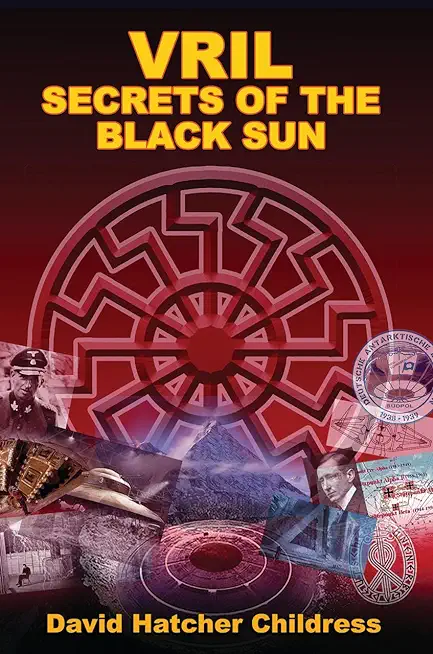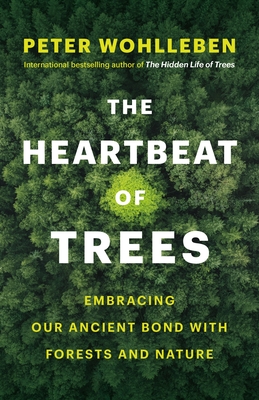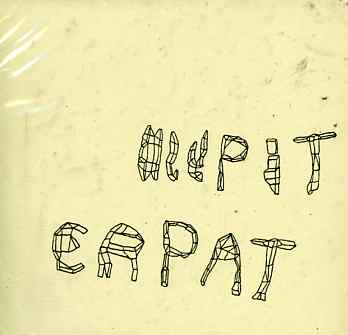
The first half of the story discusses Gilgamesh, king of Uruk, and Enkidu, a wild man created by the gods to stop Gilgamesh from oppressing the people of Uruk. After Enkidu becomes civilized through sexual initiation with Shamhat, he travels to Uruk, where he challenges Gilgamesh to a test of strength. Gilgamesh wins the contest; nonetheless, the two become friends. Together, they make a six-day journey to the legendary Cedar Forest, where they plan to slay the Guardian, Humbaba the Terrible, and cut down the sacred Cedar. The goddess Ishtar sends the Bull of Heaven to punish Gilgamesh for spurning her advances. Gilgamesh and Enkidu kill the Bull of Heaven after which the gods decide to sentence Enkidu to death and kill him.
In the second half of the epic, distress over Enkidu's death causes Gilgamesh to undertake a long and perilous journey to discover the secret of eternal life. He eventually learns that "Life, which you look for, you will never find. For when the gods created man, they let death be his share, and life withheld in their own hands". Nevertheless, because of his great building projects, his account of Siduri's advice, and what the immortal man Utnapishtim told him about the Great Flood, Gilgamesh's fame survived well after his death, with expanding interest in the his story. It has been translated into many languages and is featured in several works of popular fiction.
The epic is regarded as a foundational work in religion and the tradition of heroic sagas, with Gilgamesh forming the prototype for later heroes like Heracles (Hercules), and the epic itself serving as an influence for Homeric epics. (wikipedia.org)
member goods
listens & views

SILVER CROSS GOSPEL STORY 1 ...
by SILVER CROSS GOSPEL STORY 1 / VARIOUS
COMPACT DISCout of stock
$8.99






